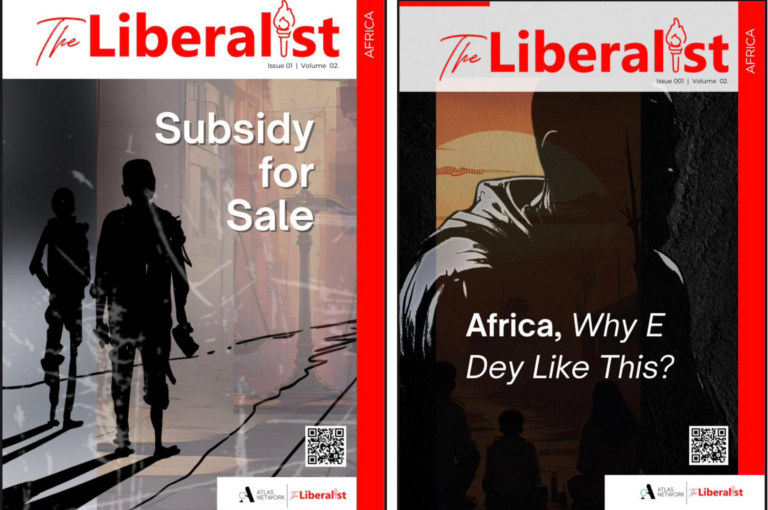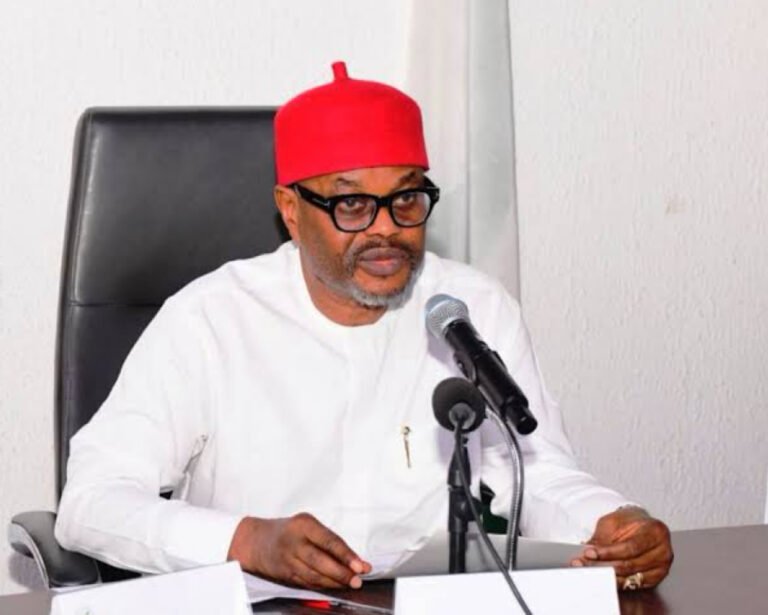According to the Digital News Report 2025 by the Reuters Institute for the Study of Journalism, audiences are continuing to shift away from traditional media as social video and online influencers play a growing role in shaping how people access and engage with the news. This trend is most pronounced among younger audiences: globally, 44% of 18–24-year-olds now rely on platforms like TikTok and YouTube for their news. Social video consumption has grown from 52% in 2020 to 65% in 2025, and consumption of any kind of video has jumped from 67% to 75% over the same period.
In Nigeria, platforms like Facebook (65%), YouTube (49%), and WhatsApp (53%) dominate the news ecosystem. The biggest change is on X, where usage for news jumped by 9 percentage points this year alone, now reaching 49% of the online sample, more than four times the global average of 12%.
According to the report, Nigeria has the highest level of trust in news among the 48 countries surveyed, with 68% of respondents saying they trust most news most of the time. This is an improvement from 2021. BBC News, Channels TV, and The Punch are among the most trusted brands.
Traditional broadcasters such as Channels TV, Arise News, TVC, and the Nigerian Television Authority (NTA) still reach a wide audience, and major newspapers like Punch, The Guardian, and Vanguard maintain strong reputations. But these outlets are increasingly being challenged by influencers and citizen journalists, many of whom now break news faster and more directly than legacy media.
But that trust coexists with serious concerns over misinformation. Nigeria is among the top countries globally in terms of audience concern, with 73% saying they struggle to tell real from fake news online. Like in Kenya, influencers and politicians are widely seen as the biggest culprits in spreading false information. Concern about online influencers specifically is at 58% in Nigeria, far above the global average of 47%.
TikTok is becoming an increasingly important player, used by 28% of the sample for news, though lower than in Kenya or South Africa. Instagram also plays a big role, with 41% using it for news weekly. This visual and influencer-driven media ecosystem mirrors trends seen in Latin America and parts of Southeast Asia.
While Nigerian media outlets are innovating—adopting AI for copy-editing, ad targeting, and even fact-checking—there are mounting pressures. Budget cuts to US media support, economic volatility, and shrinking advertising revenues threaten the viability of many newsrooms. Still, many are pushing forward, experimenting with cross-border investigative collaborations and new monetisation strategies.
Nic Newman, lead author of the report, cautions that although platforms offer reach, they rarely deliver revenue: “Online video may be a good way to engage younger audiences, but there is very little commercial upside for publishers, with most news consumption taking place via platforms rather than owned websites.”
Despite these challenges, the report suggests a growing appetite for news and accountability journalism, especially amid increasing political and social polarisation. Trust, though fragile, is still strong in Nigeria. The real challenge for media houses is turning that trust into sustainable engagement on platforms where their audiences already are.
Code for Africa supported the research for the African section of the report, which includes data from Kenya, Nigeria, South Africa and Morocco.
This blog was written by CfA features writer Kiprotich Koros.














